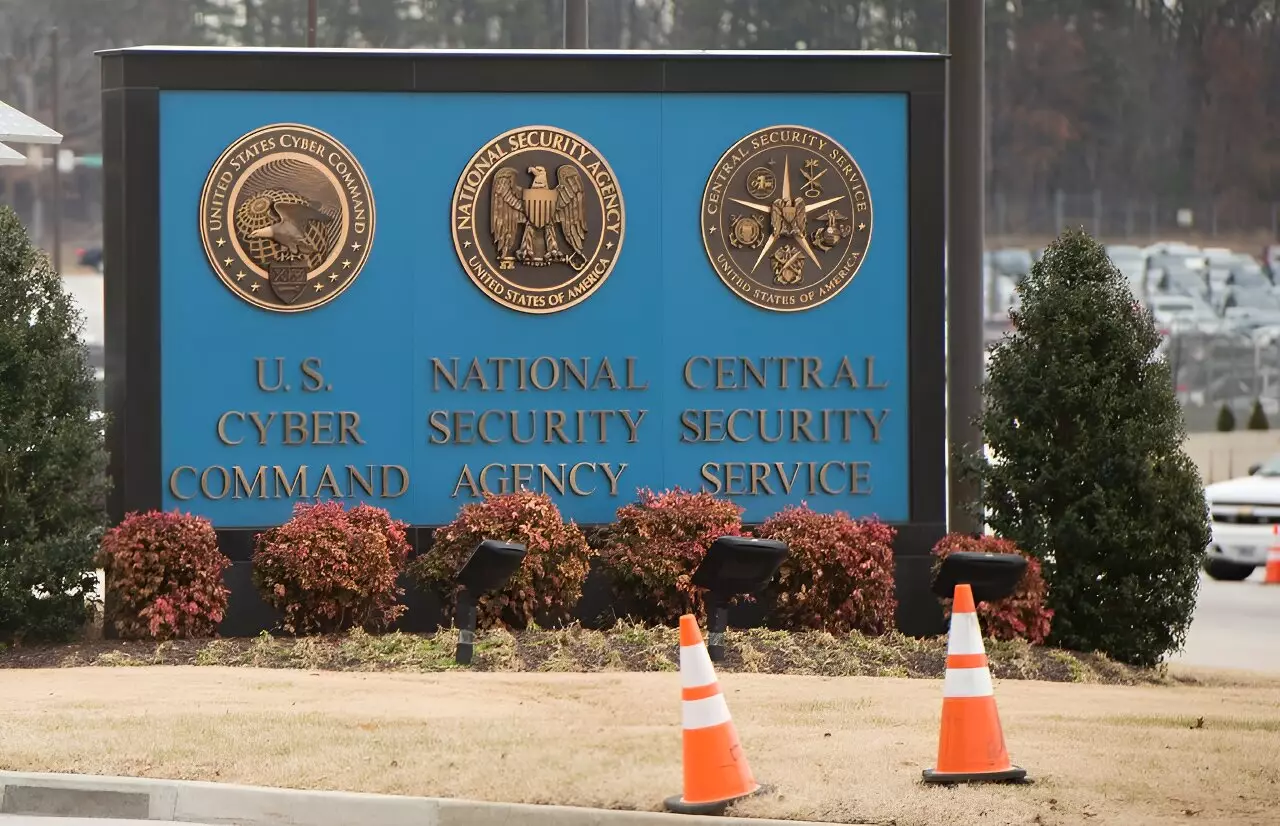The recent reauthorization of the Foreign Intelligence Surveillance Act (FISA) by the US House of Representatives has sparked a lot of controversy among officials and critics alike. With a bipartisan vote of 273-147, the reauthorization of Section 702 of FISA, which allows for warrantless electronic surveillance of foreigners outside the United States, has raised concerns over privacy and potential abuses.
Critics of the FISA program, including privacy-minded Republicans and progressive Democrats, have voiced strong opposition to the reauthorization. One of the main criticisms is that while the program is intended to spy on foreign citizens, it can inadvertently pull in Americans’ messages if they are in communication with the targeted foreigners. The fear of potential abuses of this surveillance program has led to calls for more safeguards and oversight to protect the privacy of American citizens.
Former President Donald Trump has been a vocal opponent of the FISA program, citing it as a tool used against him during his presidency. Trump’s online message urging lawmakers to “Kill FISA” and pointing to its alleged misuse against his campaign has added fuel to the debate over the reauthorization. While his influence did initially cause a failed vote for renewal, changes were made to the terms of the program extension to gain support from some far-right Republicans.
Supporters of the FISA program argue that it is essential for national security, especially in the current global context. With ongoing conflicts in Gaza and Ukraine, tensions with China, and the threat of cyberattacks, proponents of the program believe that it is crucial for safeguarding the country against external threats. A senior White House official even warned against “unilateral” disarmament by not renewing the program, emphasizing the need for continued surveillance capabilities.
While the House has passed the reauthorization of the FISA program, the Senate’s approval is still pending, and its prospects remain uncertain. If the Senate does not approve it, the program could lapse next week. The debate over the balance between national security and privacy rights is likely to continue, as lawmakers grapple with finding a solution that addresses both concerns adequately. The future of the FISA program and its implications for American citizens remain a topic of intense debate and scrutiny.


Leave a Reply
You must be logged in to post a comment.